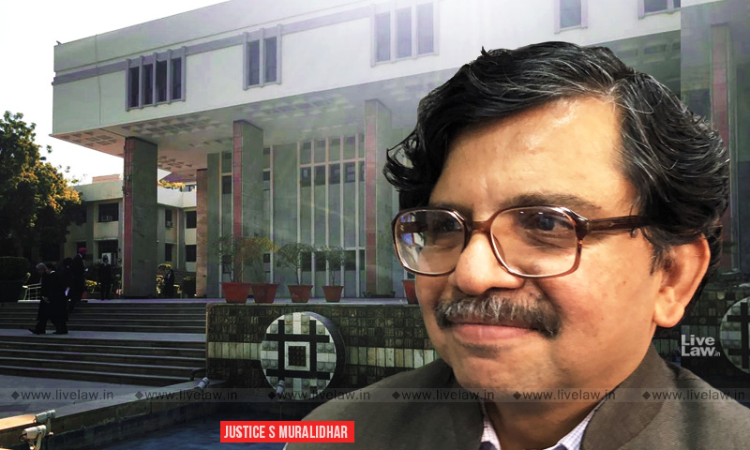- Home
- /
- Top Stories
- /
- Landmark Judgments Of Justice...
Landmark Judgments Of Justice Muralidhar In Delhi High Court
Manu Sebastian
6 March 2020 6:35 AM IST
Justice Dr S Muralidhar received an astounding farewell from the members of the Delhi High Court Bar Association on Thursday, on the occasion of his transfer to Punjab and Haryana High Court.The ceremony witnessed an unprecedented turnout of lawyers, and Justice Muralidhar won hearts with his speech punctuated with wit, wisdom and humility.In this context, let us have a look at some...
Next Story



